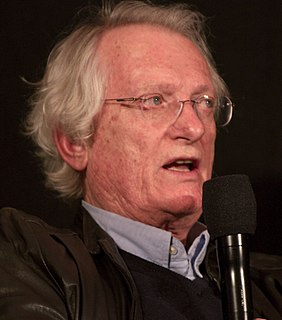A Quote by Sarah Hall
I don't like novels that tie everything up in a plot-y way. I always think that's not really true of life, particularly of people in power.
Related Quotes
I've always loved Louisiana and particularly New Orleans, and I think a lot of people when they travel there, think they're home there - there are just so many spirits, it's so rich in culture. It's steeped in a true spirit of individuality that makes this country. It's the oldest part of our story, in a way. And being in that climate, it was really conducive to letting our imaginations soar. I found it to be the true inspiration.
The way the left is reacting to the death of Fidel Castro up against the incontrovertible facts of who he was, you want to talk about a disconnect. In fact, I don't think it is a disconnect. I think the left, the power brokers, the leaders, I think they actually did admire the guy. I think this is what they think Castro's power - I've always said, the people have asked me, how do these actors and people and these leftist politicians, how come they admire people like this? I said, "They envy their power." And I think there may be a lot to that.
It's only in bad novels that people are divided into two camps and have nothing to do with each other. In real life everything gets mixed up! Don't you think you'd have to be a hopeless nonentity to play only one role all your life, to have only one place in society, always to stand for the same thing?--Ah, there you are!" - Larissa Fyodorovna in Doctor Zhivago.
And weren't, when you got right down to it, particularly evil. Human beings mostly aren't. They just get carried away by new ideas, like dressing up in jackboots and shooting people, or dressing up in white sheets and lynching people, or dressing up in tie-dye jeans and and playing guitar at people. Offer people a new creed with a costume and their hearts and minds will follow.
There are some really great books that have been written about slavery, but I don't think that the discourse about it in society has been very accurate or healthy. I don't think we've come up with ways to tell it that don't insult people or hit them in the wrong way. Part of the problem is that most people don't really understand what slavery was anyway. Most white people didn't own slaves. Slavery was a way of life, just like driving cars is a way of life now. It doesn't mean that it was right.
We're taught Lord Acton's axiom: all power corrupts, absolute power corrupts absolutely. I believed that when I started these books, but I don't believe it's always true any more. Power doesn't always corrupt. Power can cleanse. What I believe is always true about power is that power always reveals.







































